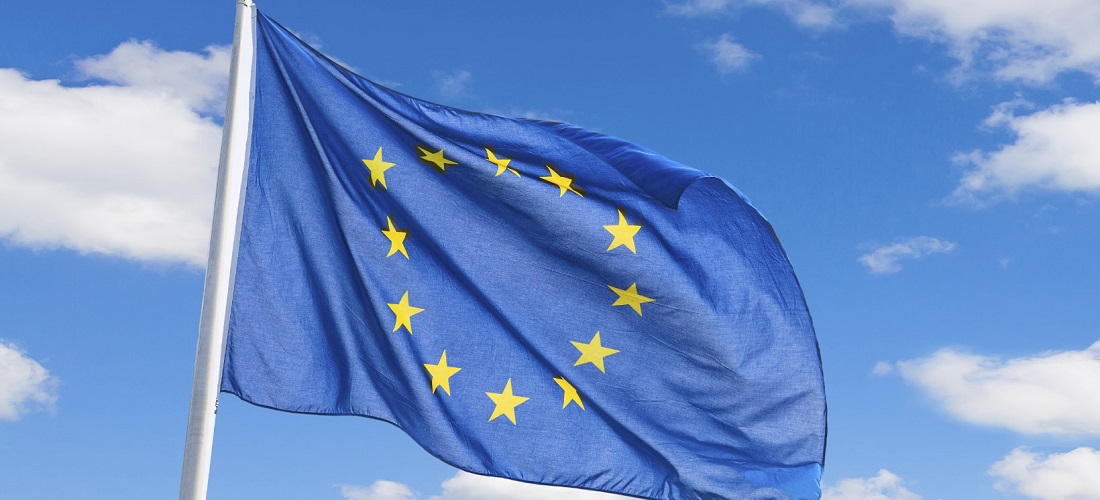
EU Enforces Surcharge on Seven Imports Tied to Carbon Emissions
Oct, 05, 2023 Posted by Gabriel MalheirosWeek 202339
The European Union has been proactive in pressuring its trading partners to adhere to its domestic greenhouse gas emissions reduction goals, primarily rooted in protectionism. First, with the imposition of the Deforestation Law last June. Now, with the adoption of the Carbon Border Adjustment Mechanism (Cbam), Brussels subjects imports of seven inputs to surcharges of 20% to 35% if production exceeds its environmental limits. Brazil is among the top ten potentially most affected exporters, especially in the iron and steel sectors.
The verification instruments of Cbam will begin to be applied on October 1st to imports of iron, steel, cement, fertilizers, electricity, aluminum, and hydrogen, with the list set to expand from 2025. The surcharge collection will take effect the following year. In its argument, Brussels claims to equalize the competitiveness conditions of imported goods in its market with those of domestic sectors, which are already subject to additional costs due to carbon emissions.
In practice, this new trade policy circumvents the decline in the production of these same inputs in the bloc caused by European environmental targets and the surge in external purchases of inputs recorded by the United Nations Conference on Trade and Development (UNCTAD). Brazil, India, China, and South Africa raised suspicions about the protectionist nature of Cbam in a debate at the World Trade Organization (WTO) last June.
Undoubtedly, Brussels is taking advantage of the paralysis of the WTO dispute settlement mechanism to impose its environmental standards worldwide under the weight of classical protectionism. Certainly, it is immune to the embarrassment of WTO sanctions. However, it becomes susceptible to unilateral retaliations, which are beginning to be drawn up by affected countries. This initiative could not be more painful in the current scenario of international trade – declining, fragmented, and reoriented by major importers to politically aligned suppliers.
As if that weren’t enough, the contribution of Cbam to the climate change agenda remains uncertain. Depending on the price of a ton of emitted carbon dioxide, to be defined by its bureaucracy, the European Union may even increase its emissions while demanding cuts in the production of imported goods, according to UNCTAD. This harmful aspect was touched upon at the WTO by Brazil and other emerging economies, accusing Brussels of shifting its own obligation to reduce greenhouse gas emissions onto developing countries.
The fact is that no country or bloc, no matter how much power and good intentions they have accumulated, is above international rules on trade and the environment. The climate agenda must be treated with the utmost responsibility by all. However, basing it on disguised protectionism and sharing environmental efforts with the rest of the world is a shameful attitude that cannot be tolerated.
Source: O Sul
To read the original story, visit: https://www.osul.com.br/uniao-europeia-adota-sobretaxa-a-importacao-de-sete-produtos-vinculada-a-emissao-de-carbono/
-
Other Logistics
May, 15, 2025
0
Log-In Logística Integrada Reports Revenue of BRL 683.8 Million in Q1 2025
-
Economy
Aug, 23, 2023
0
Brazil proposes yuan guarantees for exports to Argentina, finance minister says
-
Other Logistics
Aug, 12, 2019
0
Paraná: Railway projects are presented to Chinese group that bought TCP
-
Grains
Jan, 27, 2025
0
Registrations Open for the 5th Brazilian Congress of Agribusiness Law to be Held on March 31

